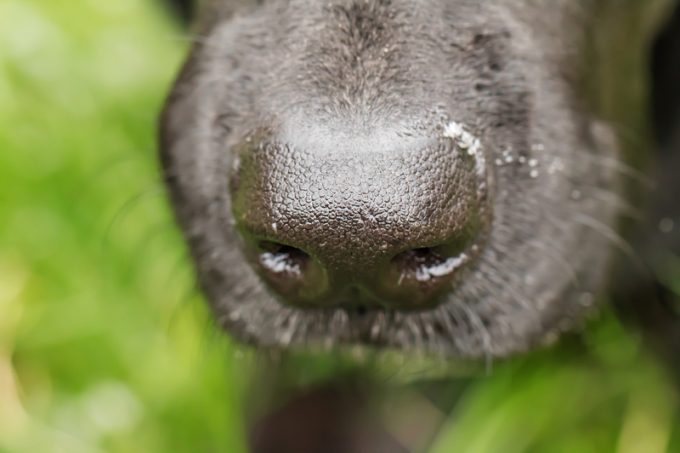Maersk Frankfurt heads for open water as container fire subsides
Maersk Frankfurt, the newbuild box ship that suffered a possible electrical fault and subsequent container ...
TFII: SOLID AS USUALMAERSK: WEAKENINGF: FALLING OFF A CLIFFAAPL: 'BOTTLENECK IN MAINLAND CHINA'AAPL: CHINA TRENDSDHL: GROWTH CAPEXR: ANOTHER SOLID DELIVERYMFT: HERE COMES THE FALLDSV: LOOK AT SCHENKER PERFORMANCEUPS: A WAVE OF DOWNGRADES DSV: BARGAIN BINKNX: EARNINGS OUTODFL: RISING AND FALLING AND THEN RISING
TFII: SOLID AS USUALMAERSK: WEAKENINGF: FALLING OFF A CLIFFAAPL: 'BOTTLENECK IN MAINLAND CHINA'AAPL: CHINA TRENDSDHL: GROWTH CAPEXR: ANOTHER SOLID DELIVERYMFT: HERE COMES THE FALLDSV: LOOK AT SCHENKER PERFORMANCEUPS: A WAVE OF DOWNGRADES DSV: BARGAIN BINKNX: EARNINGS OUTODFL: RISING AND FALLING AND THEN RISING

The canine screening programme in the US has become a victim of its own success; there are fears that demand will outpace supply,
New ICAO rules from 2021 will require all freight to be screened, which in part can be done with dogs, but there are concerns that not enough animals will be trained in time.
“This goes beyond technology,” said Brandon Fried, head of the US Airforwarders’ Association. “This is going to get big really quickly when the ICAO change comes in. It will mean more screening for more cargo.
“That’s a concern. Standards for the dogs are very high, they have to continually qualify and I’m concerned about that. Do they have enough dogs to fulfil the requirement?”
The third-party K9 cargo programme began in November last year, which allowed private operators to train and use dogs for cargo screening. There are an increasing numbers of vendors – but still not enough to satisfy likely demand in 2021.
“The 3pK9 programme is up and running, and highly successful,” said Mr Fried, speaking to The Loadstar on the sidelines of Air Cargo Americas in Miami last week.
“Many forwarders are now in the screening business, but they have not started the 3PK9 programme yet as there are other vendors.”
He pointed to a lack of alternatives as adding to the importance of dogs.
“There isn’t yet a piece of technology that can screen a whole pallet. It’s very challenging and expensive.”
And dogs could have a use beyond explosive detection, he added.
“We think canines can be trained to spot unidentified lithium ion batteries.
“I am still concerned that governments are not stepping up to the lithium battery threat. They put the responsibility on forwarders and airlines, but what are governments doing to ensure standards are not a danger to the public?
“Many of the [culprit] companies are outside the US – so here it’s about awareness. But it’s a concern.”
Comment on this article